Black Children: Their Roots, Culture, and Learning Styles
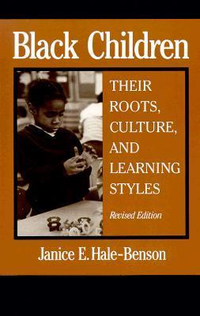
Summary
American educators have largely failed to recognize the crucial significance of culture in the education of African-American children, contents Janice E. Hale in the revised edition of her groundbreaking work, Black Children . As African-American children are acculturated at home and in the African-American community, they develop cognitive patterns and behaviors that may prove incompatable with the school environment. Cultural factors produce group differences that must be addressed in the educational process. Drawing on the fields of anthropology, sociology, history, and psychology, Hale explored the effects of African-American culture on a child's intellectual development and suggests curricular reforms that would allow African-American children to develop their interlligence, pursue their strengths, and succeed in school and at work.
Similar Books
-
 Literacy
Literacyby Donaldo Macedo
-
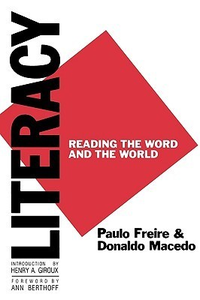 Literacy: Reading the Word and the World
Literacy: Reading the Word and the Worldby Donaldo Macedo
-
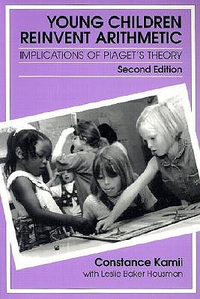
-
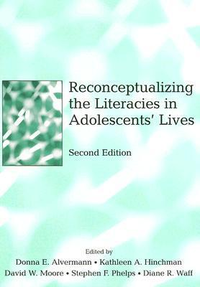 Reconceptualizing the Literacies in Adolescents' Lives
Reconceptualizing the Literacies in Adolescents' Livesby Donna E. Alvermann
-
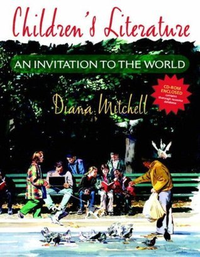 Children's Literature: An Invitation to the World
Children's Literature: An Invitation to the Worldby Diana Mitchell
-
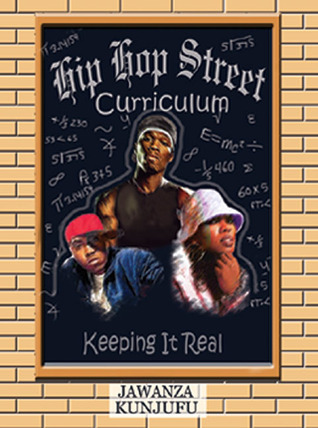 Hip Hop Street Curriculum
Hip Hop Street Curriculumby Jawanza Kunjufu
-
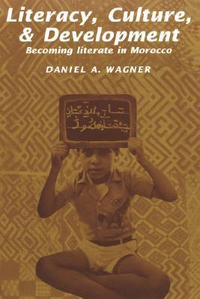 Literacy, Culture and Development: Becoming Literate in Morocco
Literacy, Culture and Development: Becoming Literate in Moroccoby Daniel A. Wagner
-
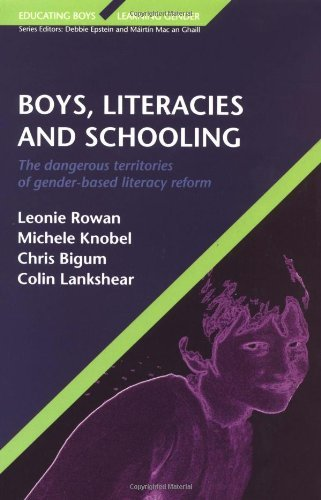
-
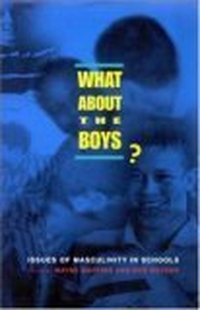 What About the Boys?: Issues of Masculinity in Schools
What About the Boys?: Issues of Masculinity in Schoolsby Wayne Martino
-
 Children's First School Books: Introductions to the Culture of Literacy
Children's First School Books: Introductions to the Culture of Literacyby Carolyn D. Baker
-

-
 Minds in Play: Computer Game Design As A Context for Children's Learning
Minds in Play: Computer Game Design As A Context for Children's Learningby Yasmin B. Kafai
-
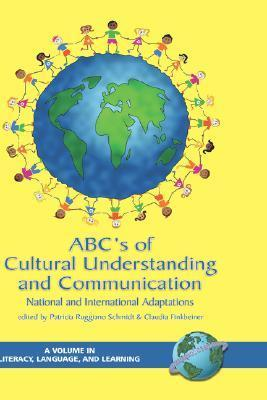 ABC's of Cultural Understanding and Communication: National and International Adaptations (Hc)
ABC's of Cultural Understanding and Communication: National and International Adaptations (Hc)by Patricia Ruggiano Schmidt
-
 Working With Adolescents: Constructing identity
Working With Adolescents: Constructing identityby Dr John Head
-
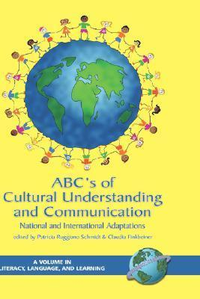 ABC's of Cultural Understanding and Communication: National and International Adaptations
ABC's of Cultural Understanding and Communication: National and International Adaptationsby Patricia Ruggiano Schmidt
-
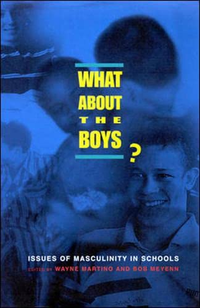 What about the Boys?: Issues of Masculinity in Schools
What about the Boys?: Issues of Masculinity in Schoolsby Wayne Martino